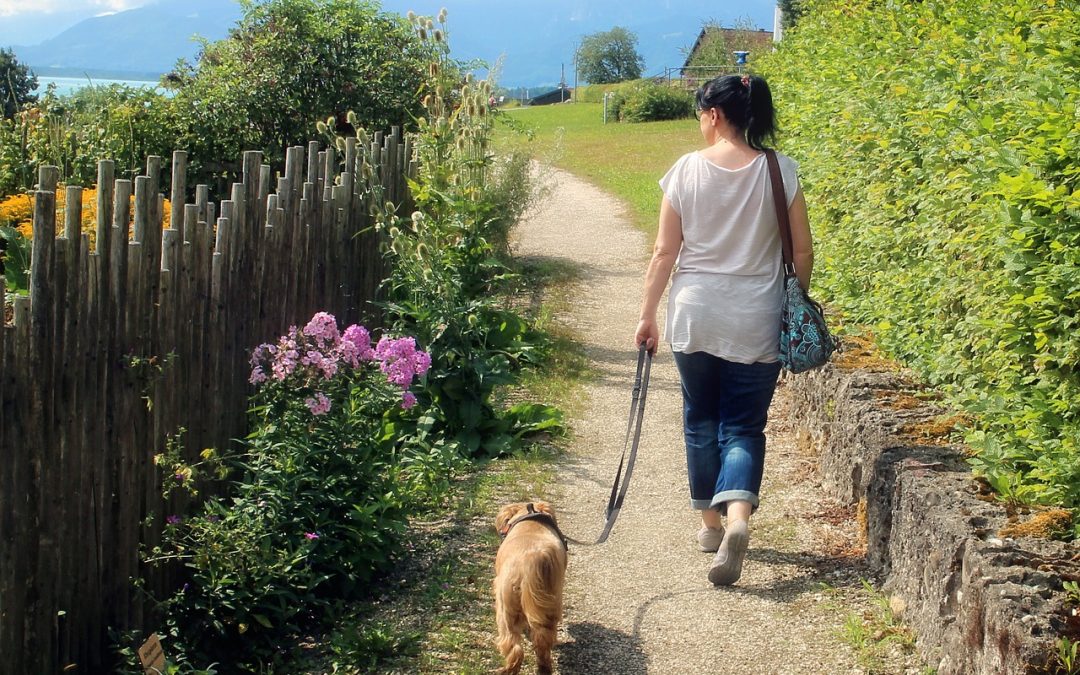Wag and Rover, two dog walking and boarding apps, promise to make getting someone else to take care of your pet easier than ever. And it looks like they’ve tapped into a need—they’re valued at $650 million and $970 million, respectively. But as their popularity soars, I figured it might be important to remind everyone that turning your dog’s well-being over to a total stranger isn’t always a good idea.
Here’s how they work: The startups connect dog owners with individuals who are paid to either walk or board your dog. Wag and Rover say their contract workers undergo an extensive vetting process, but with 50,000 and 80,000 care providers, respectively, it’s really up to user reviews to determine the merits of individual walkers or sitters. The innovation is convenient on-demand service, not a higher level of care than what was already available.
Back in Los Angeles, where my fiancée and I lived until this past June, finding a friend to look after our mutt Wiley was never a problem. In fact, because it’s hard to own a large, active dog in a city, and because Wiley is just so damn likable, my friends would actually fight over who got to take him when we needed to travel. Then we adopted Bowie, who’s also wonderful, but walking a large, energetic puppy alongside another big dog is hard, and his age dictates a little more exercise than people who work during the day can typically provide. So we started booking hour-long walks for them on Wag during the day when we traveled without them.
Read More at Outside Magazine


Recent Comments